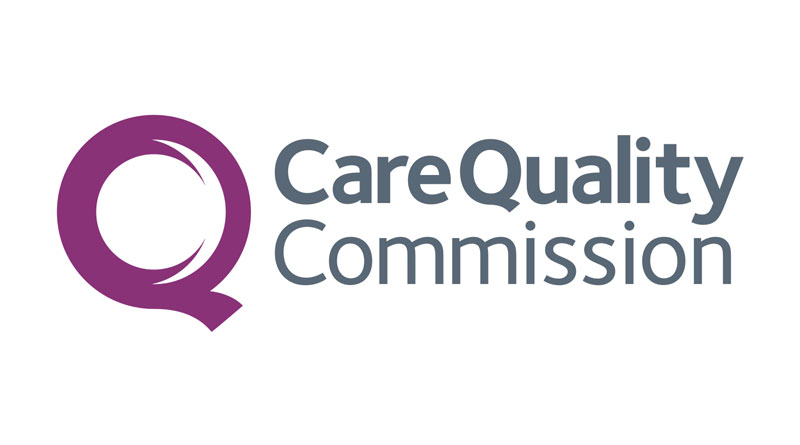CQC Publishes Data On Deaths Of People With A Learning Disability
The Care Quality Commission (CQC) has released data on deaths of people learning disabilities. The data is based on information that care homes submit to CQC about the deaths of people in their care is published on a weekly basis as part of the Office for National Statistics (ONS) reporting on deaths. The ONS data is not broken down by whether the person who died had a disability.
Supported by Office of National Statistics the CQC have completed a targeted piece of analysis to better understand the impact of coronavirus (COVID-19) on people with a learning disability, some of whom may also be autistic, and how the number of deaths during this period compares to the number of deaths last year.
This analysis looked at all deaths notified to CQC between 10 April and 15 May from providers registered with CQC who provide care to people with a learning disability and/or autism (including providers of adult social care, independent hospitals and in the community), and where the person who died was indicated to have a learning disability on the death notification form.
This data shows that between 10 April and 15 May this year, 386 people with a learning disability, some of whom may also be autistic, died who were receiving care from services which provide support for people with a learning disability and/or autism. For the same period last year 165 people with a learning disability, some of whom may also be autistic, died who were receiving care from services which provide support for people with a learning disability and/or autism. This is a 134% increase in the number of death notifications this year. This new data should be considered when decisions are being made about the prioritisation of testing at a national and local level.
Of the 386 people who have died this year, 206 were as a result of suspected and/or confirmed COVID-19 as notified by the provider and 180 were not related to COVID-19.
184 people were receiving care from community based adult social care services and 195 from residential social care settings. In other settings* where we were notified of deaths the number in each setting was less than five people and cannot be reported for confidentiality reasons.
Kate Terroni, Chief Inspector of Adult Social Care at the Care Quality Commission (CQC) said;
“Every death in today’s figures represents an individual tragedy for those who have lost a loved one.
“While we know this data has its limitations what it does show is a significant increase in deaths of people with a learning disability as a result of COVID-19. We already know that people with a learning disability are at an increased risk of respiratory illnesses, meaning that access to testing could be key to reducing infection and saving lives.
“These figures also show that the impact on this group of people is being felt at a younger age range than in the wider population – something that should be considered in decisions on testing of people of working age with a learning disability.”
While this data is the most accurate data we are able to produce at this point it has a number of limitations;
- It is not mandatory for providers to tell us if someone has a learning disability when submitting a death notification.
- We could not extract detailed data, including whether or not the person who died had a learning disability, from a small number (around 4%) of the forms we included in this analysis due to the way the information was provided to us – i.e. illegible handwritten forms.
- Despite removing a large number of duplicates from this data, we cannot guarantee that every duplicate has been removed.
- It does not account for those detained under the mental health act. We publish this data separately.
Overall, in 2020 the number of care home ‘beds’ registered with CQC to provide specialist learning disability and/or autism care, excluding care to older people or those with dementia, was 30,912. In 2019 that figure was 32,217.






